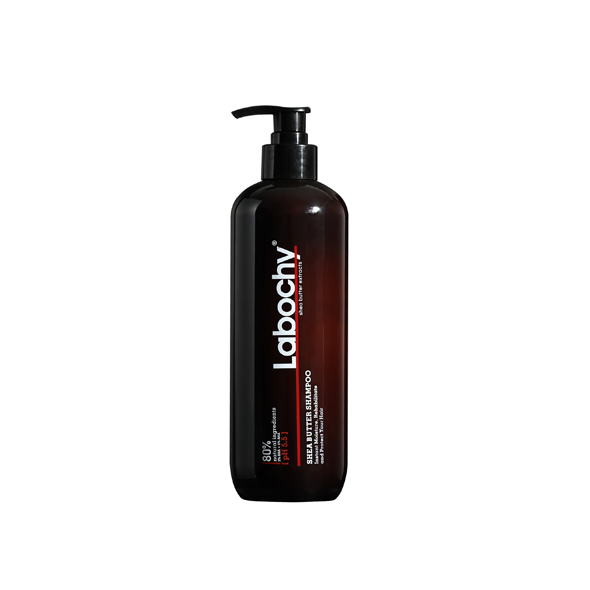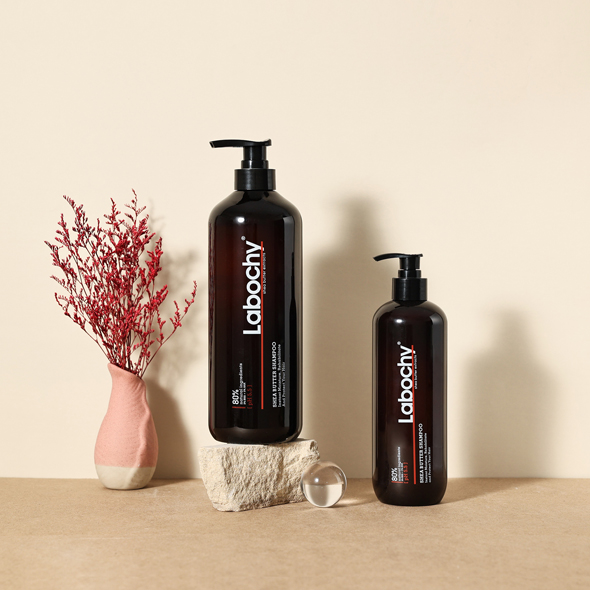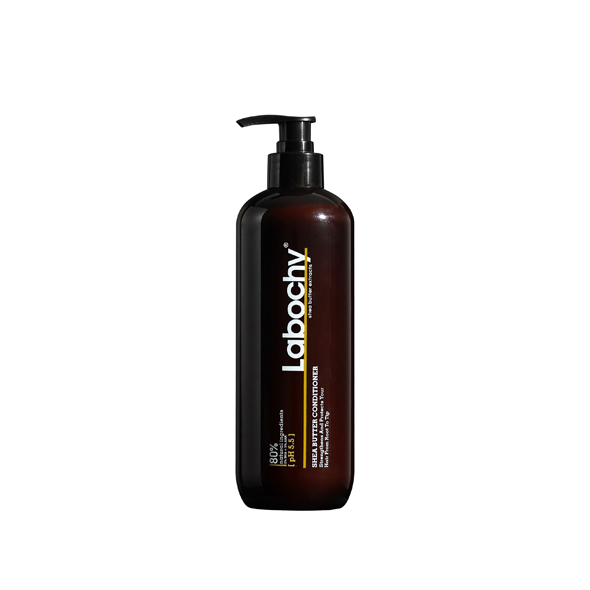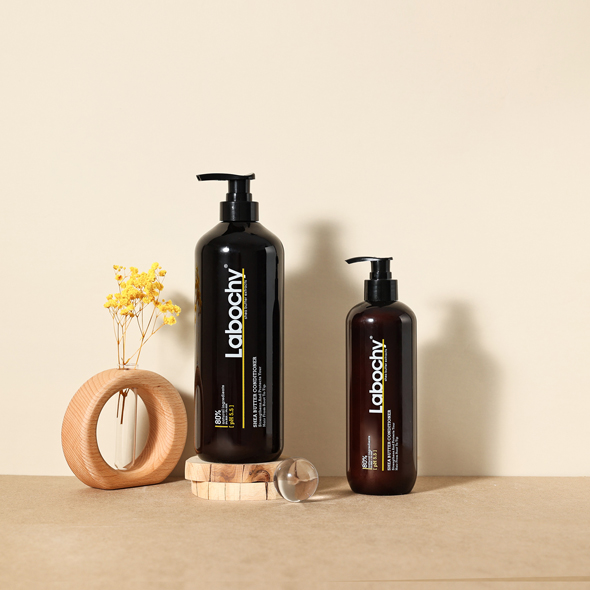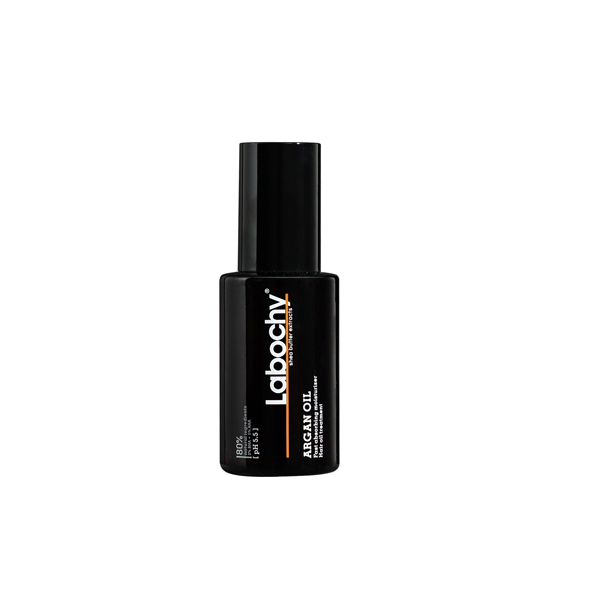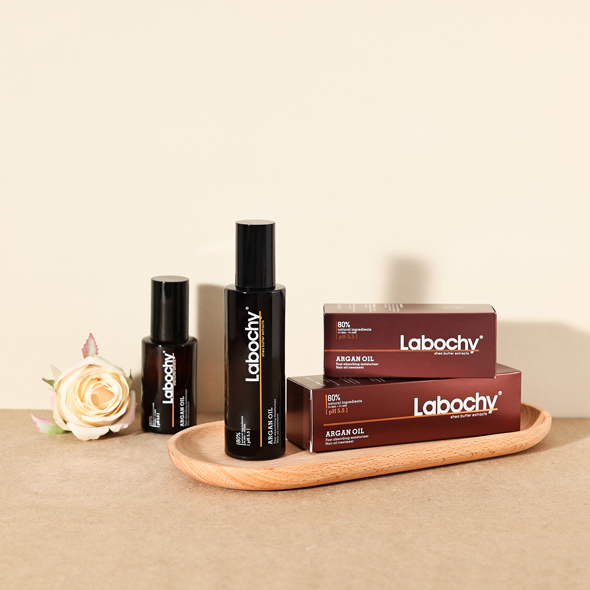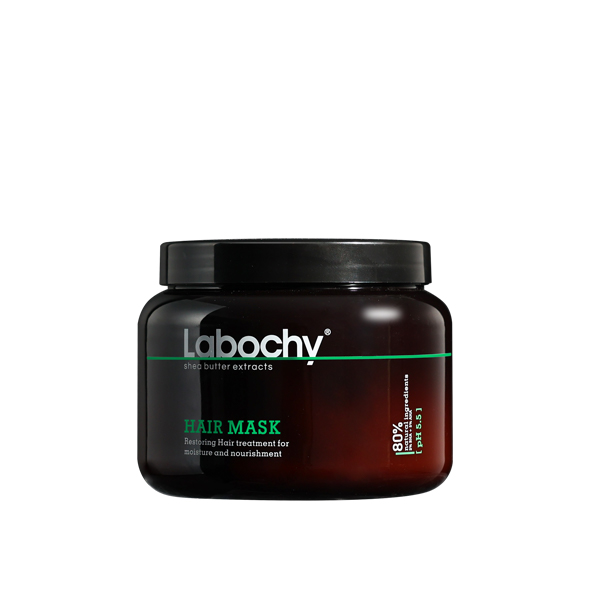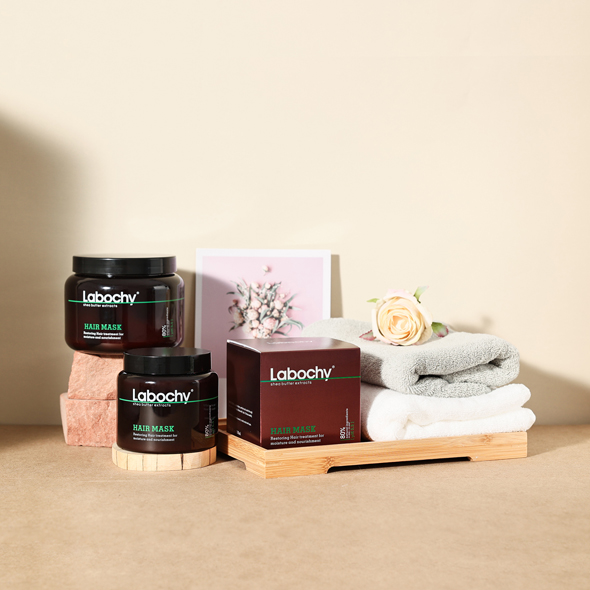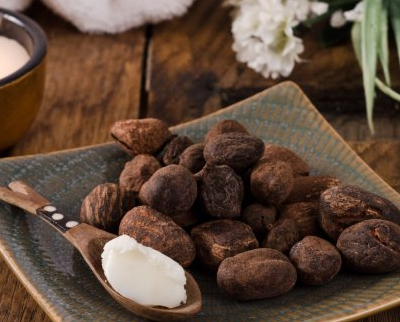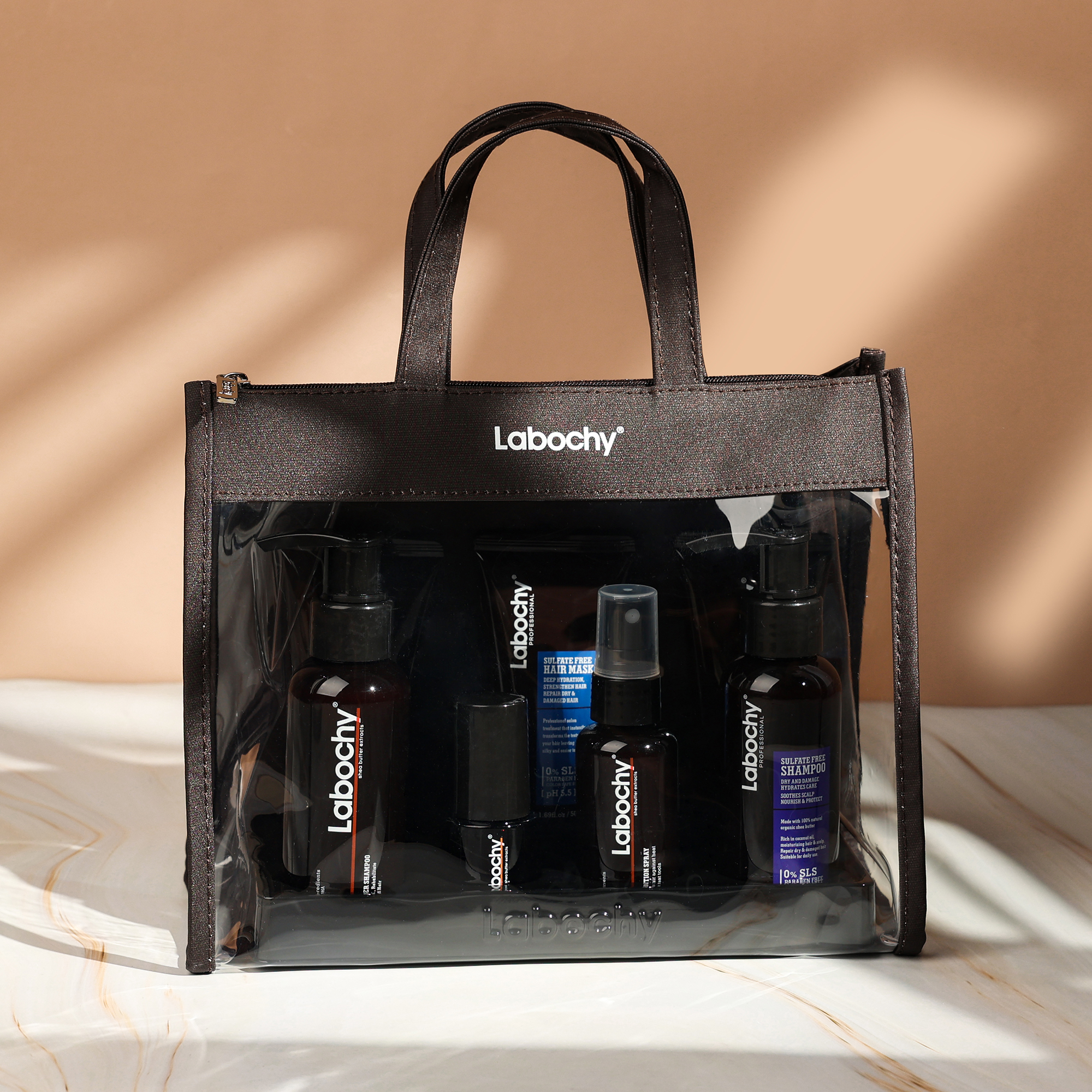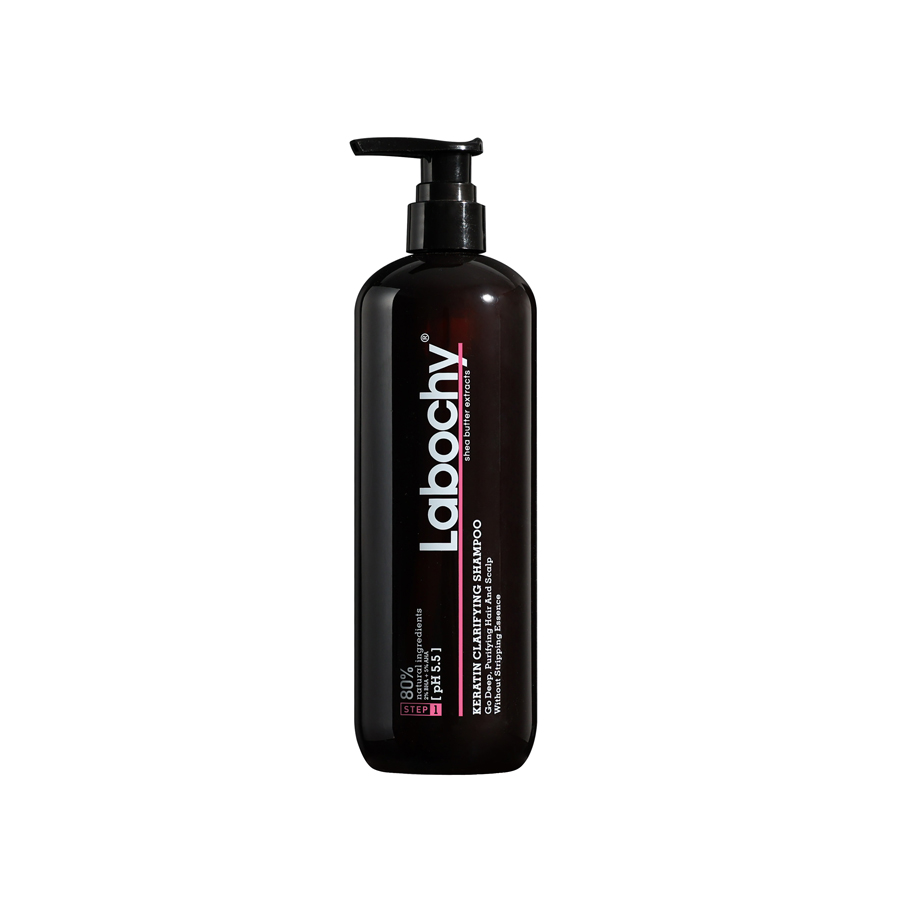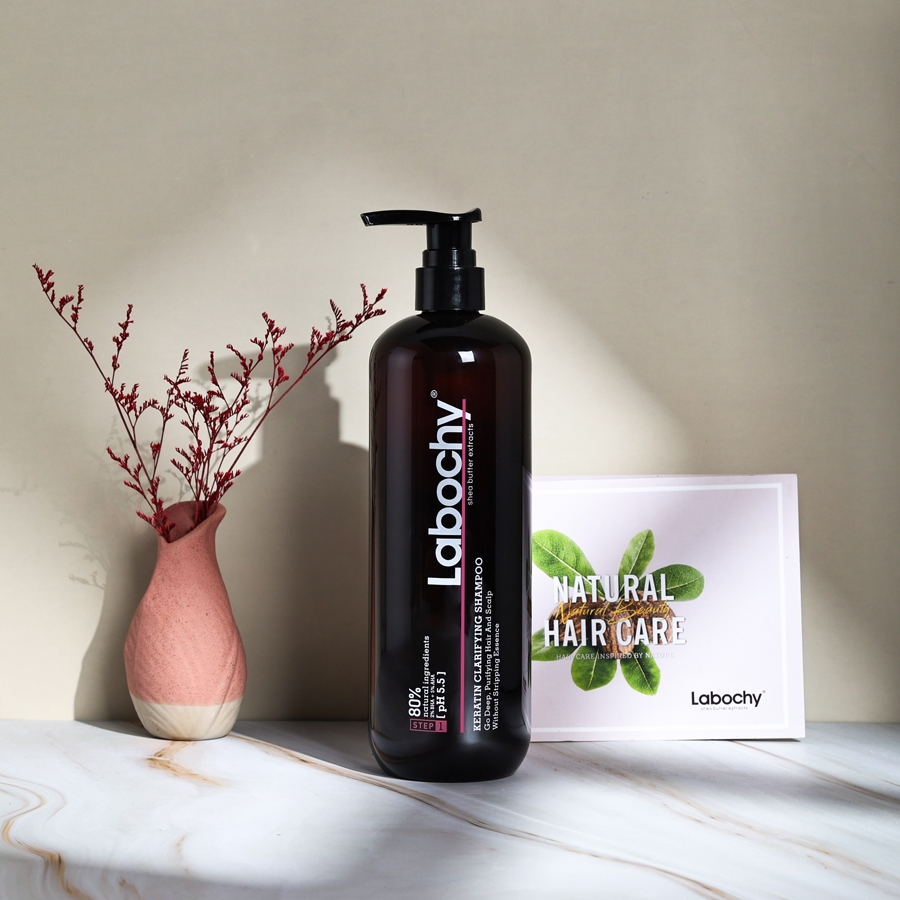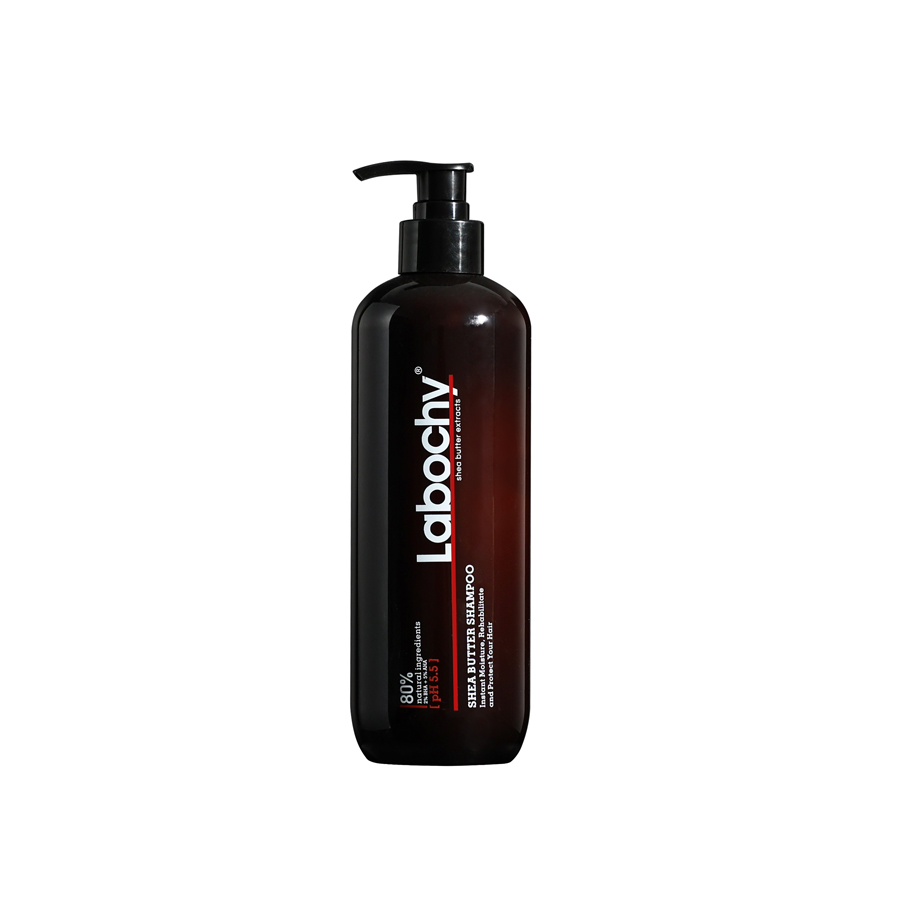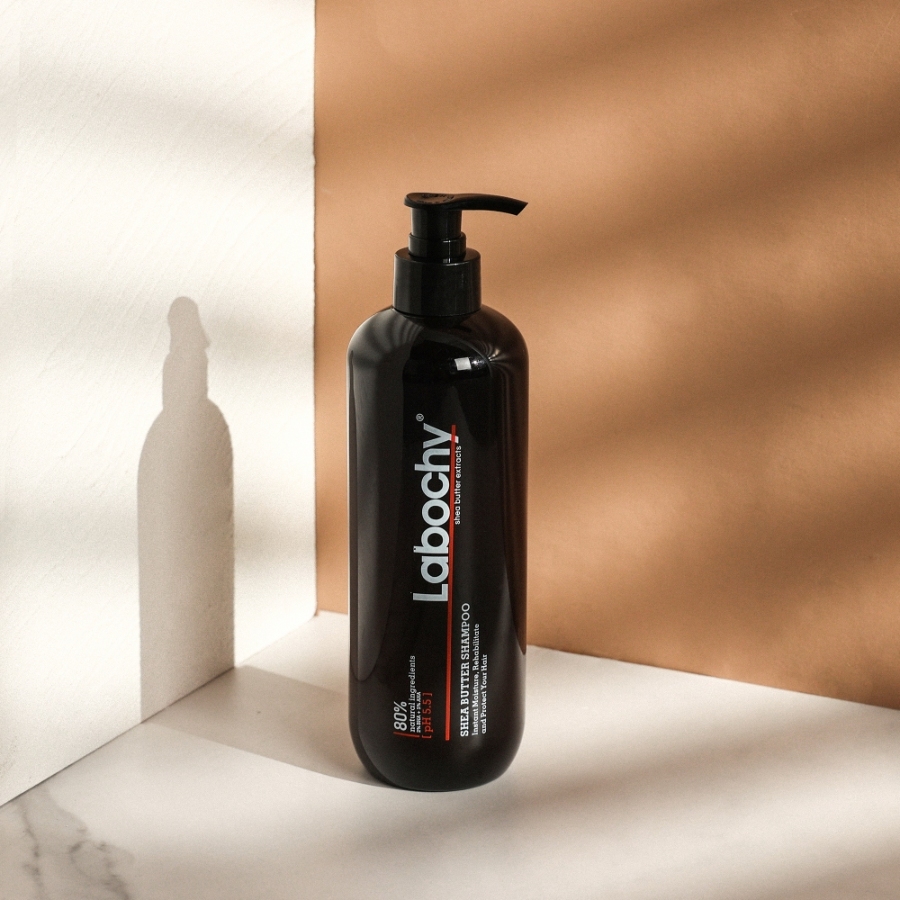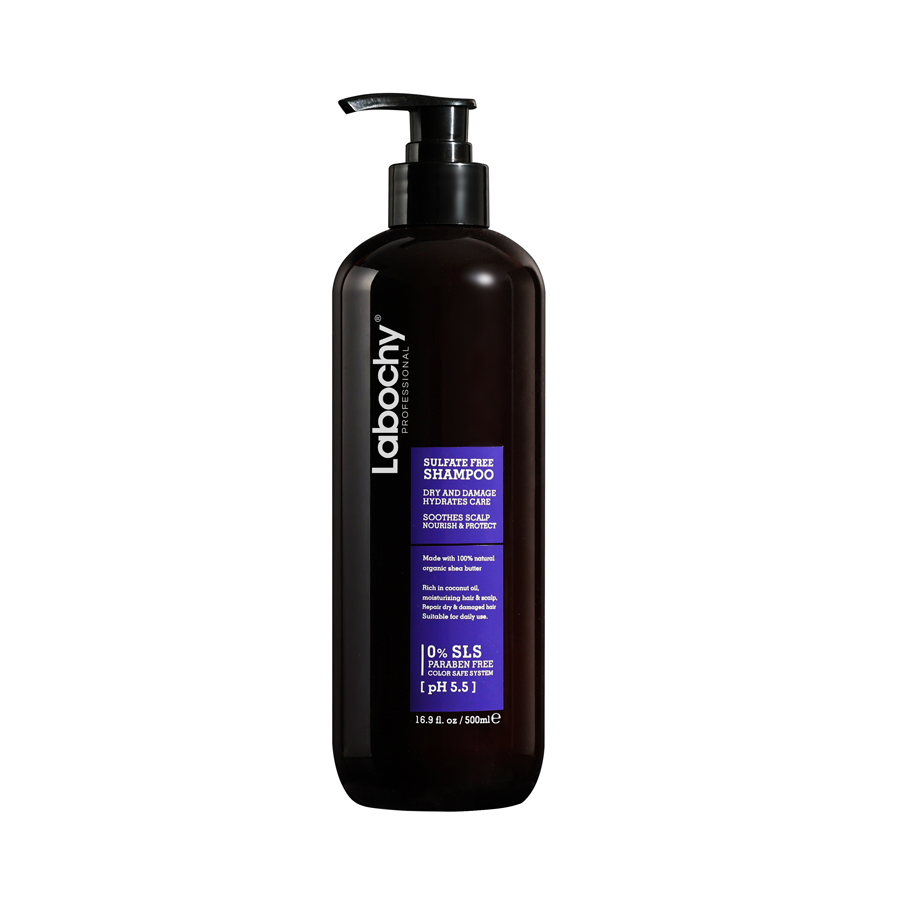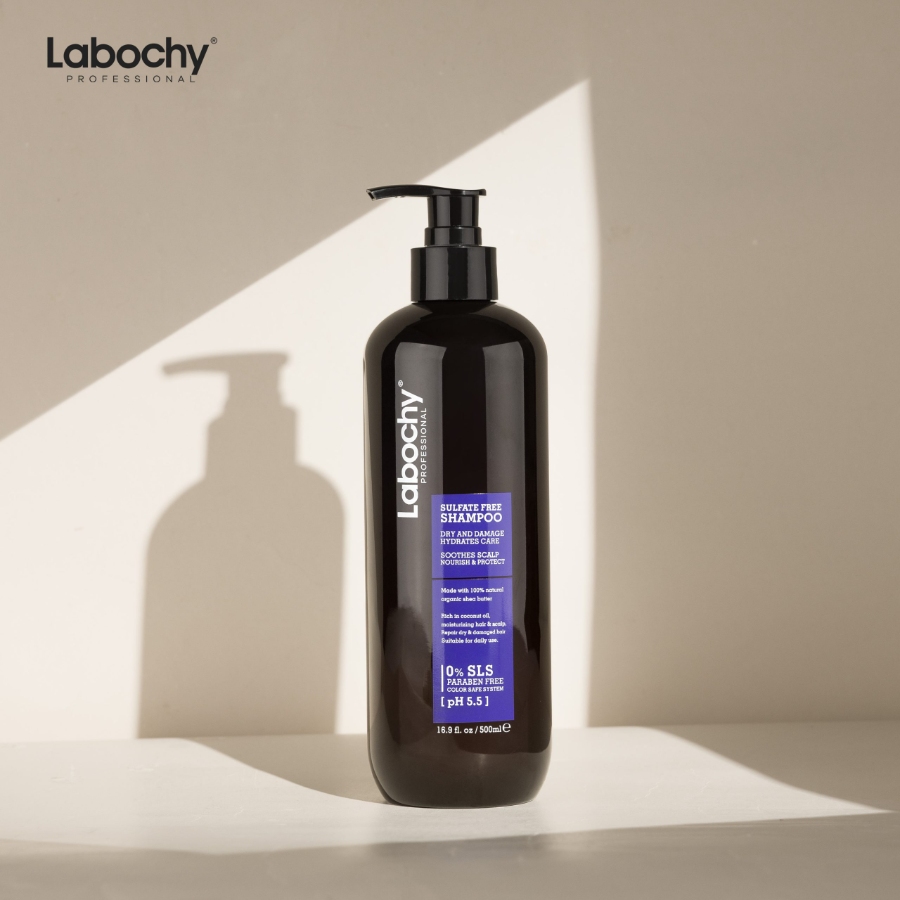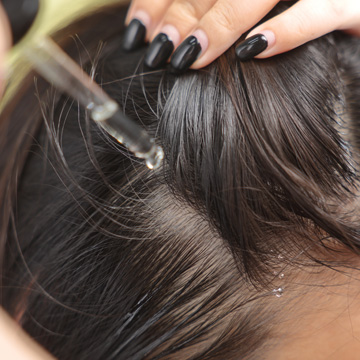
When we think about scalp care, we often focus on the strands themselves—shampoos, conditioners, masks, and styling products. However, the key to truly healthy hair lies at the root: the scalp. A healthy scalp is the foundation for strong, shiny, and resilient hair. In this blog, we’ll explore the importance of scalp care and provide practical tips to keep your scalp in top condition.
Understanding Scalp Health
The scalp is a complex environment that plays a crucial role in hair growth and health. It contains numerous hair follicles, sebaceous glands, and blood vessels that support hair production. Here are some common scalp conditions that can affect hair health:
·Dry Scalp: Characterized by itching, flaking, and tightness. It can be caused by cold weather, harsh shampoos, or skin conditions like eczema.
· Oily Scalp: Results from overactive sebaceous glands, leading to greasy hair and potential dandruff.
· Dandruff: Caused by a yeast-like fungus called Malassezia, leading to flakes and itching.
· Scalp Psoriasis: An autoimmune condition causing red, scaly patches on the scalp.
Cleansing Your Scalp
Proper cleansing is the first step in maintaining a healthy scalp. It removes excess oil, dirt, and product buildup that can clog hair follicles and impede hair growth.
Choose the Right Shampoo: Use a gentle, sulfate-free shampoo that suits your scalp type. For dry scalps, look for moisturizing ingredients like aloe vera and hyaluronic acid. For oily scalps, opt for clarifying shampoos with ingredients like salicylic acid or tea tree oil.
Frequency of Washing: The frequency of washing depends on your scalp type. Oily scalps may benefit from more frequent washing (every other day), while dry scalps might need less frequent washing (once or twice a week).
Massage the Scalp: When shampooing, gently massage your scalp with your fingertips (not nails) to stimulate blood flow and remove buildup.
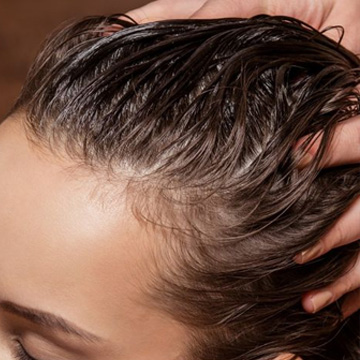
Exfoliating Your Scalp
Just like your skin, your scalp can benefit from regular exfoliation to remove dead skin cells and promote cell turnover.
Scalp Scrubs: Use a scalp scrub once a week to gently exfoliate. Look for scrubs with natural exfoliants like sugar or salt, and soothing ingredients like peppermint or chamomile.
DIY Exfoliation: You can make a simple exfoliating treatment at home using ingredients like brown sugar and olive oil. Mix equal parts and gently massage into the scalp before rinsing thoroughly.
Moisturizing Your Scalp
Keeping your scalp moisturized is essential for preventing dryness and irritation.
Conditioners and Oils: After shampooing, use a lightweight conditioner to keep the scalp hydrated. For extra moisture, apply a few drops of scalp-friendly oils like jojoba, argan, or coconut oil.
Leave-In Treatments: Consider using leave-in conditioners or scalp treatments with hydrating ingredients. These can provide ongoing moisture and soothe any irritation.
Addressing Specific Scalp Issues
Sometimes, your scalp needs targeted treatments to address specific issues.
Dandruff: Anti-dandruff shampoos containing zinc pyrithione, ketoconazole, or selenium sulfide can help control dandruff. Regular use can prevent flakes and itching.
Dry Scalp: Hydrating masks or treatments containing ingredients like shea butter, glycerin, or hyaluronic acid can alleviate dryness.
Oily Scalp: Clarifying treatments or dry shampoos can help manage excess oil. Look for products with oil-absorbing ingredients like charcoal or clay.
Healthy Diet and Hydration
What you eat and drink has a direct impact on your scalp health.
Balanced Diet: Ensure you’re getting enough vitamins and minerals, particularly vitamins A, C, D, E, biotin, and zinc. These nutrients support scalp health and hair growth.
Hydration: Drink plenty of water to keep your scalp hydrated from within. Aim for at least 8 glasses of water a day.
Protecting Your Scalp
Environmental factors can affect your scalp health. Protect your scalp from damage with these tips:
Sun Protection: Wear a hat or use hair products with SPF to protect your scalp from UV damage.
Avoid Harsh Chemicals: Limit the use of harsh chemical treatments like bleach and relaxers, which can irritate the scalp.
Gentle Styling: Avoid tight hairstyles that can pull on the scalp and damage hair follicles. Opt for looser styles and gentle hair ties.
Regular Check-Ups
If you experience persistent scalp issues, it may be beneficial to see a dermatologist or trichologist. They can provide professional advice and treatments tailored to your specific needs.
A healthy scalp is the foundation for beautiful, strong hair. By understanding your scalp type and adopting a routine that includes gentle cleansing, exfoliation, moisturizing, and targeted treatments, you can ensure your scalp stays healthy and your hair thrives. Remember, good scalp care is an ongoing process, so be patient and consistent. Your hair will thank you!
YOU MAY ALSO LIKE

100% Official & Genuine
SMOOTH HAIR SPEAKS LOUDER THAN WORDS-

Australia's Raw Materials
Safe And Effective
-

Shea Butter
Natural Formula
-

Contact Us


